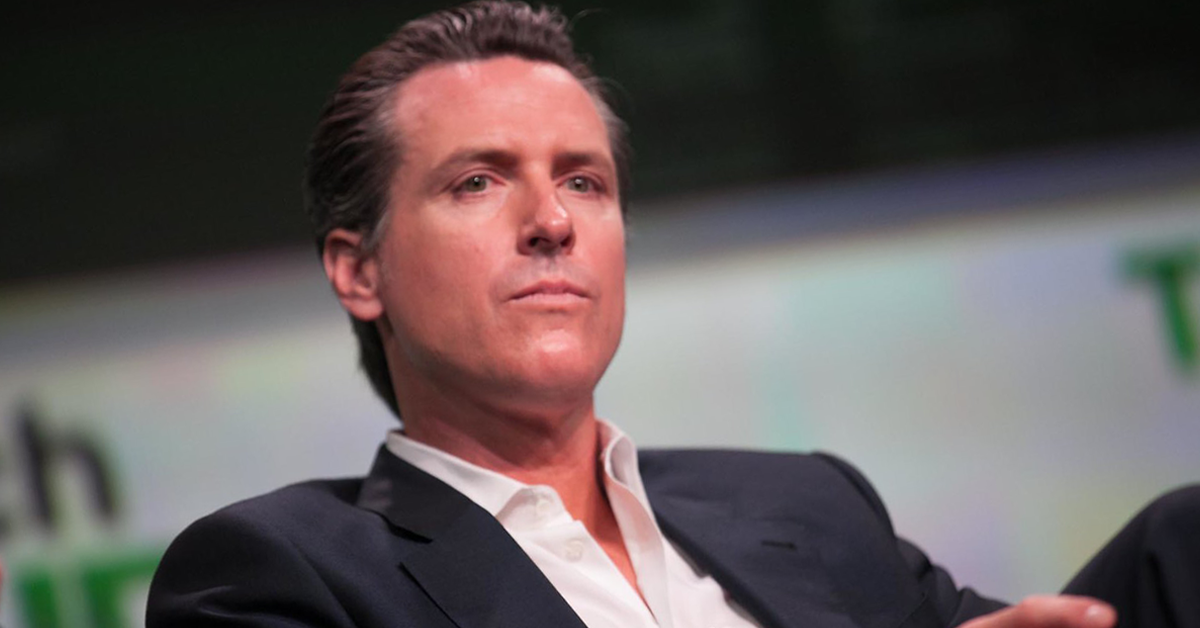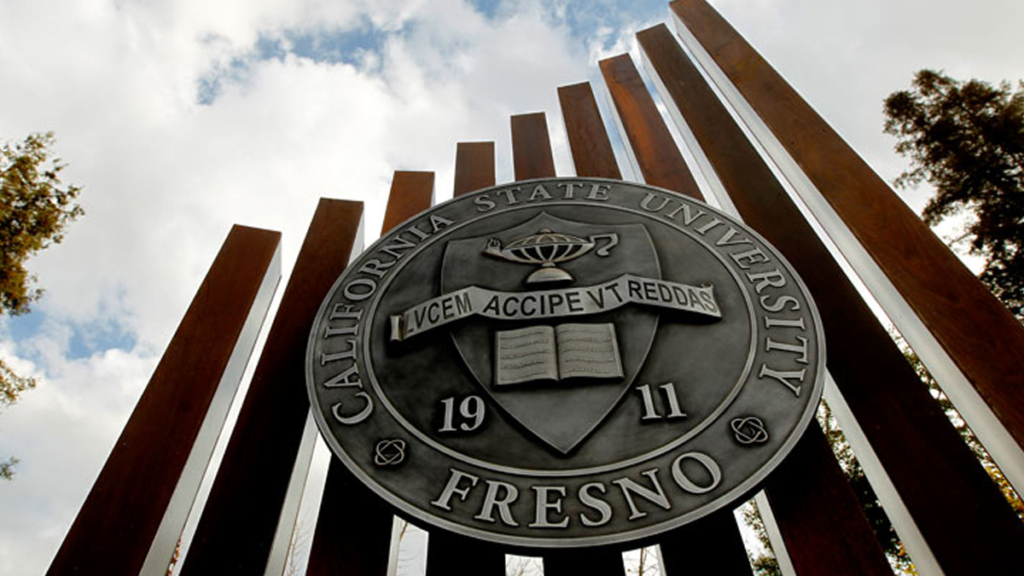Backers of Measure E will start collecting signatures for the proposed sales tax on Monday, kicking off a process that they hope will lead to the initiative being placed on the ballot at the end of the year.
The measure’s language also features some key differences from last year’s attempt to fund both academic and athletics projects at Fresno State.
The backstory: The upcoming version of Measure E, which proponents are hoping to place on the March 2024 ballot, would implement a 0.25 percent sales tax for 25 years, raising $1.403 billion over the life of the measure.
- Last year Measure E fell short of receiving a majority vote, falling 47.14-52.86 percent in the general election.
The big picture: Measure E supporters will need to collect verified 21,909 signatures in order for the Fresno County Board of Supervisors to place the initiative on the ballot.
- Tim Orman, the Measure E campaign manager, said the goal is to have the signatures collected by August.
- Last year backers had to meet a higher threshold, needing around 25,000 signatures, which were collected within 53 days.
- The Measure E campaign has also raised $1.1 million so far, meeting its goal of $1 million by the end of June. Measure E backers plan to raise $4 million in total.
- “Very positive, very positive sign,” Orman said. “The support’s been very very good for this.”
Driving the news: One of the major differences in the actual language of the initiative from last year’s attempt is that the split for how much money could be allocated for athletics programs is gone.
- Last year’s iteration capped athletics spending at one-third of the funds, while the other two-thirds would go toward academic projects.
- The new measure will base the funding allocation on a list of projects provided by Fresno State. The latest list of projects, which was provided by the university in April, totals a $1.58 billion ask. At $240 million, athletics projects make up around 15 percent of that total.
- The other major difference in this year’s iteration is the expansion of the citizens’ oversight committee which oversees how the funds are used from five to seven members.
Photo: Manuel Hernandez, The Collegian










